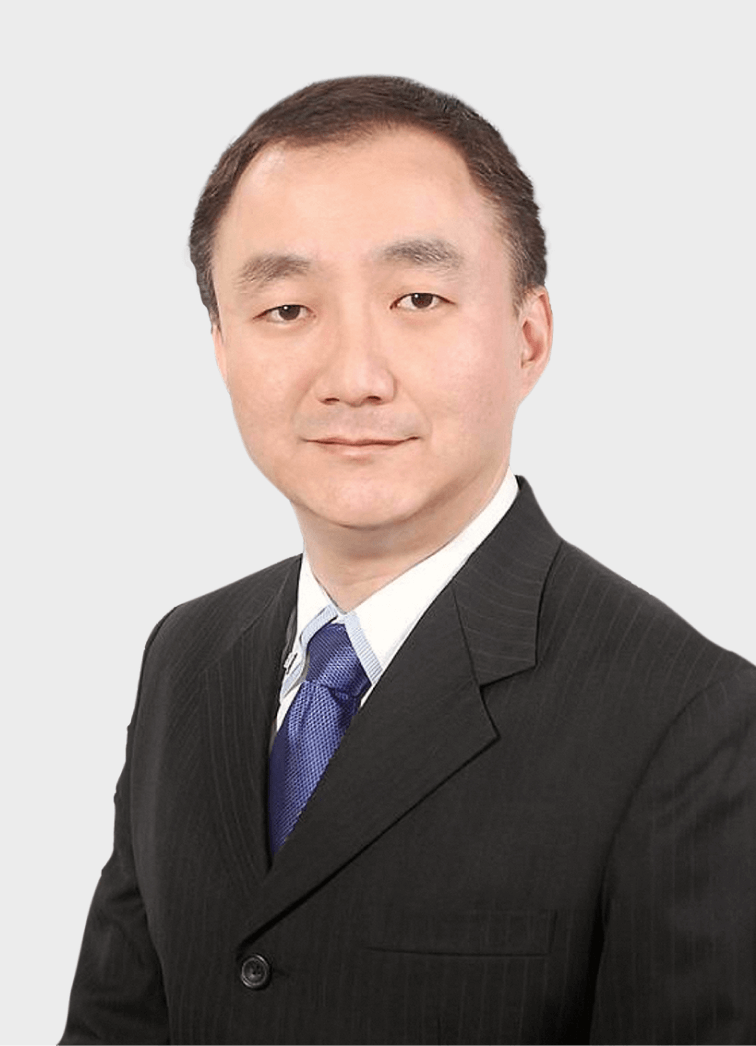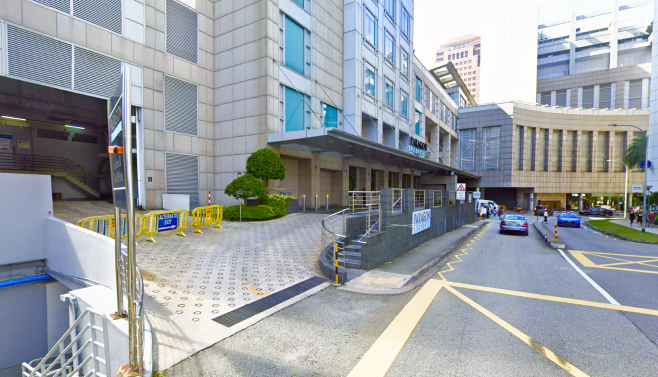The Safety Net
Substance Use Disorder Specialist in Singapore
Senior Consultant Psychiatrist, Dr. Tan Sheng Neng
MMED (Psych), MBBS, MCI, FAMSSubstance use disorder (SUD), often associated with drug addiction or substance abuse, is a condition which causes an inability to control the use of substances or drugs. Substance use disorder typically begins with the experimental use of a recreational drug, especially during social situations. As time progresses, depending on the substance, one may eventually become addicted to the substance. It is crucial to seek early diagnosis and treatment for substance use disorder as the symptoms and complications may aggravate over time.
What Is Substance Use Disorder?
Substance use disorder can be split into two types: substance abuse and dependence.
Substance abuse occurs when a substance, usually alcohol or other recreational drugs, is consumed in an abnormally frequent pattern, resulting in severe complications.
On the other hand, substance dependence is a more severe form of substance use disorder. This occurs when a person is so heavily addicted to the substance that even when their health complications worsen, they continue its usage due to increasing tolerance to the drug.
Do you have a strong desire to use alcohol or drugs, constant anxiety, intense mood swings, and an increase in tolerance, consumption, or dependence on a certain substance? You may have developed a substance use disorder.
Substance use disorders are a condition that can cause individuals severe health complications if they go without a proper treatment plan.
Get Started

Senior Consultant Psychiatrist
Dr. Tan Sheng Neng 
Dr Tan was the Director of Consultation-Liaison Psychiatry Service (2017-2019) at Changi General Hospital (CGH), Singapore. He was also an Assistant Director (Psych) of the Integrated Sleep Service at CGH (SingHealth Duke-NUS Sleep Centre), where he helped develop into a department in 2018.
- Master of Medicine (Psychiatry)
- Master of Clinical Investigation (MCI)
- Bachelor of Medicine and Bachelor of Surgery (MBBS)
- Fellow of the Academy of Medicine, Singapore (FAMS)
At present, besides the clinical work in his clinic and hospitals, Dr Tan also holds the following appointments:
- Clinical Advisor to Samaritans of Singapore (SOS)
- Lecturer to Executive Counselling and Training Academy (ECTA)
Dr Tan has a specialised interest in neuropsychiatry. He treats patients with Sleep Disorders, Mild Cognitive Impairment and Brain trauma or injury, particularly from strokes.
Read Full Bio

Symptoms of Substance Use Disorder
Some of the common symptoms of substance use disorder include:
- Strong desire to use drugs or alcohol
- Intense mood swings
- Consuming larger amounts of a drug over a prolonged period of time than initially intended
- Constant or near-constant anxiety
- Increased tolerance towards a specific medication (such that it becomes ineffective over time)
- Heavy dependence on a substance for a specific function (even though the user knows that it creates problems in their life)
- Withdrawal symptoms when you attempt to stop taking the drug
- Drop-in performance and productivity in school or at work
- Reduced social interaction
Causes of Substance Use Disorder
Family history of addiction
There is an increased risk of developing a drug or alcohol addiction if family members or relatives are addicted to drugs or alcohol.
Mental health disorders
Mental health conditions such as depression, attention-deficit/hyperactivity disorder (ADHD) or post-traumatic stress disorder increase the chances of substance addiction due to the substance being a coping mechanism.
Environmental and social factors
Exposure to a group of people who promotes alcohol or drug abuse can result in peer pressure, which slowly triggers the recurrent use of the substance.
Addictive level of the substance
Certain recreational drugs such as cocaine or opioid painkillers are more likely to cause an addiction.
Complications of Substance Use Disorder
If substance use disorder is left undiagnosed and untreated, it can lead to further complications such as:
- Poor work or school performance
- Weight loss
- Fatigue
- Seizures, Memory loss, Brain Damage
- Severe impairment of daily functions
- Aggressive behaviour & Suicidal thoughts
- Increased risks of accidents
Do you have a strong desire to use alcohol or drugs, constant anxiety, intense mood swings, and an increase in tolerance, consumption, or dependence on a certain substance? You may have developed a substance use disorder.
Substance use disorders are a condition that can cause individuals severe health complications if they go without a proper treatment plan.
Get Started
Treatment Options for Substance Use Disorder
Psychotherapy
Cognitive-behavioural therapy (CBT) or family-based therapy (FBT) allows the patient to focus on the nature of their addiction and slowly learn how to reduce the substance’s usage and eventually become drug-free.
Detoxification
Detoxification, also known as withdrawal therapy, is a treatment method to stop using a particular drug as safely and quickly as possible. This involves slowly reducing the dosage level of drugs or temporarily substituting it with other substances.
Diagnosis for Substance Use Disorder
For a comprehensive diagnosis of your condition, your psychiatrist or physician may recommend one or more of the following tests:
1
Physical examination
To check for the presence of symptoms such as dramatic weight loss
2
Review of medical or family history
3
Psychiatric assessment
4
Blood or urine tests

Speak To Us Today
Get Specialised Medical Care For Your Mental Health
We will make it easier for you to improve your mental well-being.
Get Started
Your treatment Roadmap with Dr Tan
1
Registration
Our friendly clinic staff will assist you with your registration, ensuring an efficient and hassle-free process for you. Book your appointment today.
2
Detailed Consultation
Dr Tan will speak to you, assess your condition, and develop a personalised treatment plan, which may include therapy and/ or medication.
3
Follow-up Visits
Dr Tan will schedule follow up visits to check in with you and make adjustments to your personalised treatment plan if necessary.

Frequently Asked Questions
When should I see a doctor?
You should seek immediate medical attention if your symptoms persist for an extended period of time and they impair your daily functioning.
Alternatively, you should also see a doctor if you cannot stop using a drug, or if you’re experiencing withdrawal symptoms after you’ve stopped using a particular drug, experienced signs of an overdose, or if you have difficulty breathing
Can substance abuse disorder be fully cured?
While there is no exact ‘cure’ for substance abuse disorder, treatment options can help overcome the addiction by reducing reliance on a particular substance, such as alcohol or medication. Furthermore, it is vital to stick to your treatment plan to reduce the risk of a relapse, which can aggravate your symptoms and complications.
Can substance abuse disorder be prevented?
Yes. The best way to prevent drug addiction is to avoid taking the drug in the first place. This is especially crucial for teenagers more likely to succumb to peer pressure to take a certain addictive drug.
Take the first step towards Better Mental Health
Start your mental health journey with us today. Get the proper personalised treatment plan you deserve.Visit Us Today
Feel free to drop by our our clinic and meet our specialist





